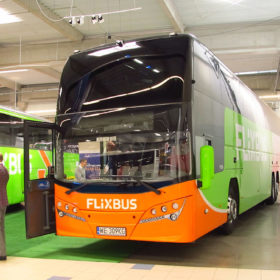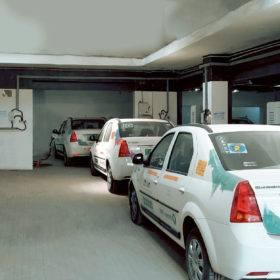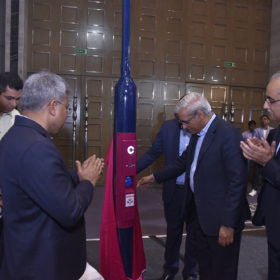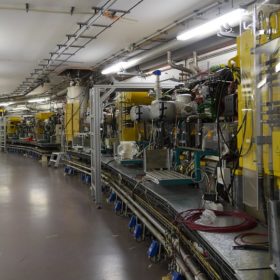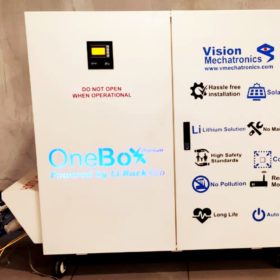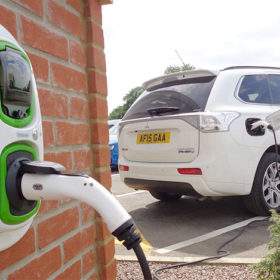FAME II program backs more than 27,000 EVs
The second phase of the Faster Adoption and Manufacturing of (Hybrid) and Electric Vehicles program offers purchase incentives for electric and hybrid vehicles and also supports charging infrastructure.
Odisha invites EoI for Konark solarization
Manufacturers and integrators of solar-based drinking water kiosks, solar trees, solar street lighting systems, and e-rickshaw charging infrastructure can submit their interest by August 29.
EESL, Noida Authority sign agreement on EV charging infrastructure
Noida Authority has selected Energy Efficiency Services Limited to deploy public charging stations under the second phase of the FAME India Scheme. A total of 162 public EV charging stations comprising 108 122kW fast chargers and 54 Bharat DC001 (15kW) are to be installed in the city.
India can become electric vehicle manufacturing hub within five years: Nitin Gadkari
The industry needs to cut a dependence on electric vehicle battery imports from China, according to the road transport minister, who said the government is looking to support research into alternatives to lithium-ion technology.
Fourth Partner Energy, Lithium Urban form JV to set up solar-powered EV charging infrastructure
Under joint venture ‘Shuchi Anant Virya,’ Fourth Partner Energy has commissioned solar powered charging facilities in Gurugram and Pune which will enable commercial electric vehicle (EV) fleet operator Lithium Urban Technologies to charge around 30 and 40 EVs, respectively, at the same time.
Magenta Power to roll out street lamp integrated EV charger
The ChargeGrid Flare, costing around Rs 95,000, shall enable faster deployment of curbside vehicle charging with less street clutter than other approaches.
Speeding up energy storage with pseudocapacitors
Scientists at Germany’s Helmholtz Zentrum Berlin have made a discovery they say could greatly increase the energy storage capacity of titanium-based ‘MXene’ pseudocapacitors, ultimately leading to faster-charging batteries. The group found adding urea molecules between MXene layers increased the material’s storage capacity by up to 56%.
A plug-and-play solar-powered battery back-up solution for the home
The OneBox, from Indian manufacturer Vision Mechatronics, consists of a lithium battery, hybrid inverter and solar charge controller to give a hassle-free solution for electricity back-up during power outages. Solar rooftop owners are offered a grid feed feature to maximize net metering income from any excess power generated.
REIL invites EOI for installation of over 1000 EV charging stations
February 1 is the last date to submit applications for setting up the electric vehicle (EV) charging stations in 70 plus cities across the country. The selected company shall also provide operation and maintenance support.
EVs could become cheaper than combustion vehicles within three years: NITI Aayog CEO
A 50% fall in the price of Lithium-ion battery packs—to $76/KWh from $156/KWh today—will make the capital cost of electric vehicles lower than combustion vehicles. However, to realise the full benefits of EVs, it is important to charge them with clean power and not fossil power.
